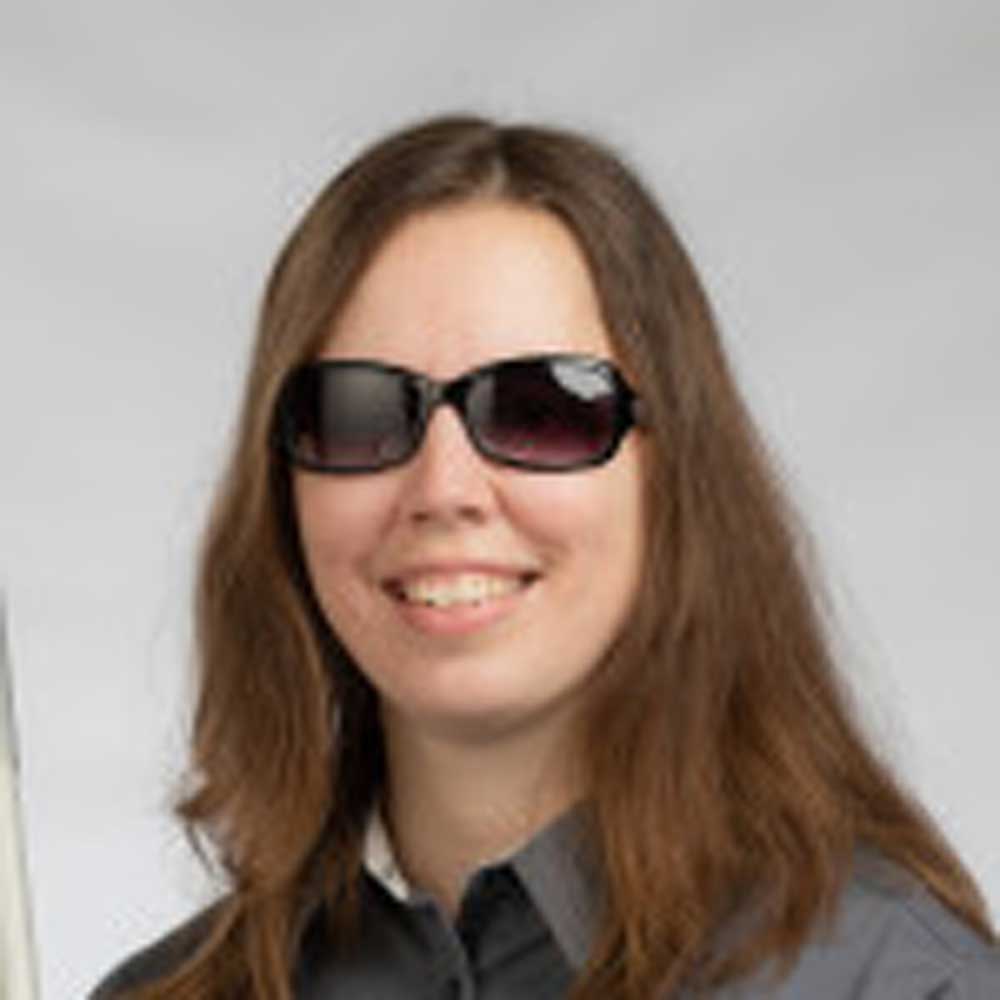
Presenter(s)
Event Details
Topic:
research
Format:
lecture
Subject Level:
n/a
Age Span:
N/A
Target Audience:
AT specialist
autism specialist
consultant
deaf / hard of hearing
educator
family member / caregiver
healthcare administration
K-12 administration
occupational therapist
paraprofessional
physical therapist
special educator
speech language pathologist
teacher of the visually impaired
university professor / personnel
vision impairment specialist
Professional Development Credits
IACET CEUs:
.01 CEU
ACVREP CEs:
1 CE
Presentation Length: 1 hour
Date and Time (Central Daylight Time):
- October 23, 2025
- 10:00 AM - 11:00 AM
Location:
Plaza 6
Description:
Artificial Intelligence (AI) systems increasingly shape how we live, work, and learn—from hiring platforms and healthcare triage to the generative tools used in education and content creation. Yet accessibility for people with disabilities remains unevenly addressed. This session shares findings from a two-part research initiative by the American Foundation for the Blind, including expert insights and new survey data from people with and without disabilities. Participants will explore disparities in usability, trust, and fairness across AI technologies and gain actionable strategies for integrating inclusive, equitable AI into educational and rehabilitation contexts. Whether you’re selecting tools, advising organizations, or working directly with users, this talk will ground your decisions in emerging evidence.
Learning Outcomes:
As a result of this activity, participants will be able to:
• Identify at least three potential risks and opportunities that AI technologies pose for people who are blind or have low vision, based on findings from a national Delphi study.
• Apply research-informed accessibility guidelines to evaluate the appropriateness of AI tools used in education, employment, and rehabilitation settings.
• Compare and interpret differing perspectives on AI usability and fairness between disabled and nondisabled users, and use this understanding to inform inclusive decision-making and advocacy.
Disclosures:
Dr. Baguhn receives a full time salary from the American Foundation for the blind where she serves as the Research Specialist. Dr. Baguhn receives a part time salary from Western Michigan University, where she coordinates the Assistive Technology Graduate Certificate program.

Leave A Comment
You must be logged in to post a comment.